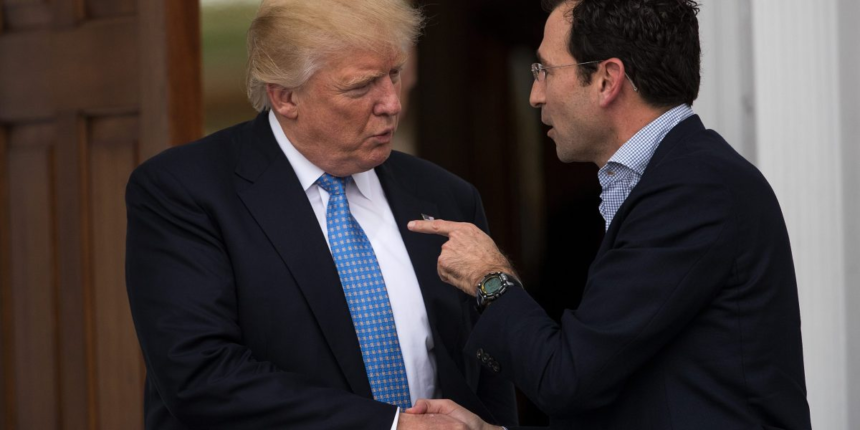Hilary Wiek, a senior strategist at PitchBook, blamed weak deal activity and “anemic” distributions to so-called limited partners, or PE investors commonly referred to as “LPs.” (Gray’s Blackstone, however, managed to lead the industry in Q1 by raising $21 billion for its ninth flagship fund, down slightly from the $26 billion committed to the fund’s predecessor.)
“There’s just a level of indecisiveness [that’s] still quite high,” Desai, who has led PwC’s PE consulting arm, told Fortune. “But it’s not as though they don’t see the opportunity. It’s not as though they don’t see the need for it. There are just things that are getting in the way.”
Nearly 60% of the executives surveyed, he said, told PwC they were missing opportunities because they can’t make decisions fast enough.
“As economic and trade policies come into focus, we think there will be a tremendous amount of pickup here in volume,” Desai said.
“Those who can withstand the uncertainty are starting to get busy,” Desai said, “and they’re doing really big things.”
Everybody else is waiting for the clouds of uncertainty to clear, he said.
Meanwhile, when it comes to new investments, tighter conditions force firms to pick their spots. For example, if a large multinational company makes a strategic move that fails to pay off within two years, it will likely survive. For a fund manager, however, it quickly becomes tough to make up for bad bets.
“I have to prolong my hold period, which means I have to create a disproportionate amount of growth,” Desai said.
Desai said he sees the deals as a healthy sign investors are being realistic about the returns they can expect. Fund managers, he said, then might have the flexibility to start moving on from old portfolio companies, understanding the market is pricing in a hit to past expectations.
“I think that could actually unlock some of the sales that are packed up,” Desai said.
And then maybe the deluge of deals will finally arrive.









